August 5 stands as one of history’s most eventful days, witnessing the rise and fall of empires, groundbreaking discoveries, and moments that shaped our modern world across centuries of human achievement.

Politics and Government Events on August 5
1906 – Persian Constitutional Revolution Begins
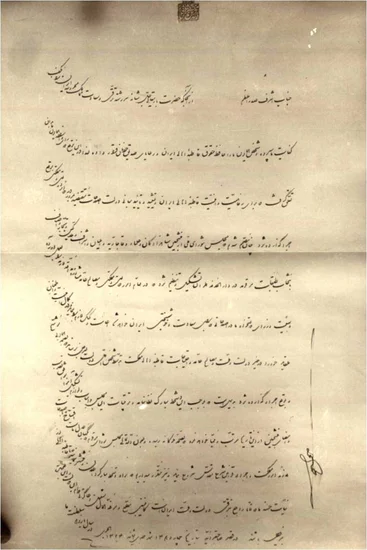
Mozaffar ad-Din Shah Qajar, King of Iran, agreed to convert his government to a constitutional monarchy. This momentous decision marked the beginning of Iran’s transition from absolute rule to constitutional governance.
The revolution represented a pivotal moment in Middle Eastern political development. Progressive forces had successfully pressured the monarchy to accept limitations on royal power through constitutional constraints.
1962 – Nelson Mandela Imprisoned
South African anti-apartheid leader Nelson Mandela was arrested and sentenced to prison under the apartheid regime. His imprisonment became a symbol of the struggle against racial segregation and oppression.
Mandela would remain incarcerated for 27 years before his release in 1990. His imprisonment galvanized international opposition to apartheid and transformed him into a global icon of resistance.
1974 – Nixon Releases Smoking Gun Tape
President Richard Nixon released the damaging “Smoking Gun” tape recorded on June 23, 1972, under Supreme Court orders. The recording clearly revealed his involvement in covering up the Watergate break-in investigation.
Nixon’s political support vanished completely following the tape’s release. The revelation accelerated his resignation process and fundamentally altered American political discourse about presidential accountability.
1960 – Burkina Faso Gains Independence
Burkina Faso, then known as Upper Volta, achieved independence from French colonial rule. The nation joined the growing number of African countries breaking free from European control.
The independence movement reflected the broader decolonization wave sweeping across Africa. Former French colonies were establishing their sovereignty and charting new political destinies.
1981 – Reagan Fires Air Traffic Controllers
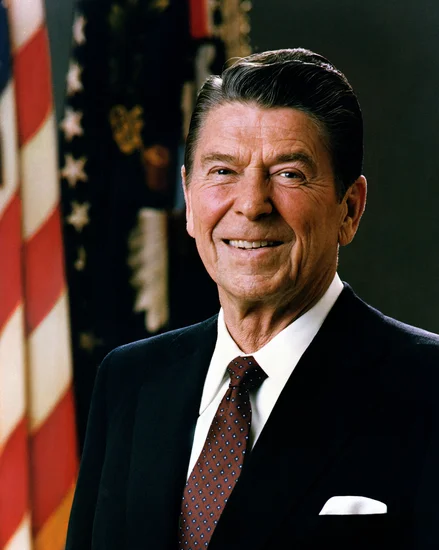
President Ronald Reagan fired 11,359 striking air-traffic controllers who ignored his ultimatum to return to work. The decisive action demonstrated Reagan’s tough stance on labor disputes and government employee unions.
The mass firing fundamentally altered American labor relations and union power. Reagan’s decision sent shockwaves through organized labor and established precedents for future labor negotiations.
2019 – Kashmir Special Status Revoked
India revoked the special status of Jammu and Kashmir, bifurcating the state into two union territories. The controversial decision eliminated the region’s constitutional autonomy and sparked international concern.
The action represented a major shift in India’s approach to Kashmir’s governance. Pakistani officials and international observers condemned the move as a violation of previous agreements.
Military and Naval History on August 5
1914 – First Allied Shot of World War I
The guns of Point Nepean fort in Victoria, Australia, fired across the bows of the German steamer SS Pfalz. This shot is considered the first Allied shot of World War I, fired to prevent the ship’s departure from Melbourne.
The incident occurred when the German vessel attempted to leave port unaware of the war declaration. Australian forces successfully detained the ship, demonstrating the global reach of the conflict from its earliest moments.
1916 – Battle of Romani Victory
Allied forces under Archibald Murray defeated an attacking Ottoman army commanded by Friedrich Freiherr Kress von Kressenstein. The victory secured the vital Suez Canal and initiated the Ottoman retreat from the Sinai Peninsula.
The battle marked a turning point in the Middle Eastern theater of World War I. Allied control of the Suez Canal remained crucial for maintaining supply lines to Britain and its empire.
1944 – Cowra POW Breakout
At least 1,104 Japanese prisoners of war attempted to escape from a camp at Cowra, New South Wales. While 545 temporarily succeeded, they were later killed, committed suicide, or were recaptured.
The mass breakout represented one of the largest prisoner escapes in Australian history. The incident highlighted the cultural differences regarding surrender and captivity between Japanese and Western military traditions.
1944 – Warsaw Ghetto Liberation
Polish insurgents liberated the German labor camp Gęsiówka in Warsaw, freeing 348 Jewish prisoners. The rescue operation demonstrated the courage of Polish resistance fighters during the Warsaw Uprising.
The liberation provided a rare moment of hope during the brutal Nazi occupation. The freed prisoners joined the ongoing resistance efforts against German forces throughout the city.
1964 – Gulf of Tonkin Retaliation
American aircraft from carriers USS Ticonderoga and USS Constellation bombed North Vietnam in Operation Pierce Arrow. The strikes retaliated for alleged attacks against U.S. destroyers in the Gulf of Tonkin.
The operation marked a significant escalation in American involvement in Vietnam. The incident provided justification for increased military engagement in Southeast Asia.
Science and Discovery Milestones on August 5
1973 – Mars 6 Launched

The Soviet Union launched Mars 6 as part of their ambitious planetary exploration program. The spacecraft represented cutting-edge technology designed to study the Red Planet’s atmosphere and surface.
The mission demonstrated Soviet commitment to space exploration beyond Earth orbit. Mars 6 would provide valuable data about interplanetary travel and Martian atmospheric conditions.
1914 – First Electric Traffic Light
Cleveland, Ohio, installed the first electric traffic light system in the United States. The innovation revolutionized urban traffic management and established safety standards for growing automobile populations.
The electric traffic light represented a major advancement over manual traffic control systems. The technology would rapidly spread to cities worldwide, fundamentally changing urban transportation patterns.
2015 – Gold King Mine Disaster

The Environmental Protection Agency accidentally released three million gallons of heavy metal toxins into Colorado’s Animas River. The disaster highlighted environmental risks associated with abandoned mining operations.
The spill contaminated waterways across multiple states and affected Native American communities. The incident sparked debates about federal environmental oversight and mining legacy cleanup responsibilities.
Cultural and Arts Events on August 5
1957 – American Bandstand Debuts
American Bandstand premiered on ABC television network, targeting teenage baby boomers with popular music and dance. The show became a cultural phenomenon that shaped American youth culture for decades.
Dick Clark’s program introduced countless musical acts to national audiences. The show’s influence on popular music and dance trends extended far beyond its television broadcasts.
1926 – Houdini’s Greatest Escape
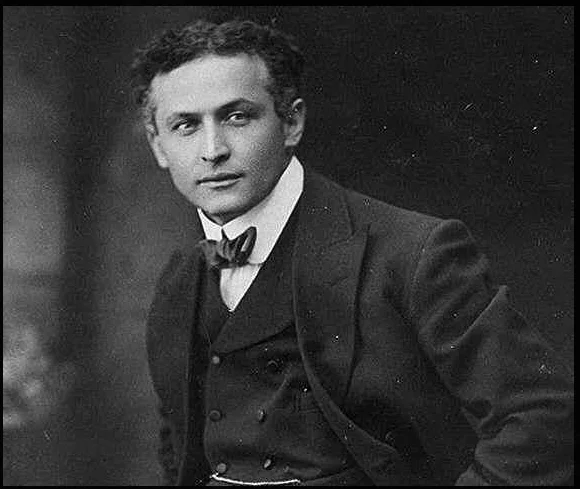
Harry Houdini performed his most spectacular feat by spending 91 minutes underwater in a sealed tank before escaping. The death-defying stunt captivated audiences and cemented his reputation as the world’s greatest escape artist.
The underwater escape pushed the boundaries of human endurance and showmanship. Houdini’s performance demonstrated the theatrical possibilities of combining danger with entertainment.
1925 – Plaid Cymru Formation
Plaid Cymru was founded with the primary goal of preserving and promoting the Welsh language. The organization emerged during a period when Welsh language and culture faced potential extinction.
The party’s formation reflected growing concern about cultural preservation in Wales. Their efforts would eventually contribute to the Welsh language revival and political autonomy movements.
Religious and Social Events on August 5
1939 – Thirteen Roses Execution
Thirteen female members of the Unified Socialist Youth were executed by Francoist forces in Madrid, Spain. The women, known as the “Thirteen Roses,” became symbols of resistance against fascist oppression.
Their execution highlighted the brutal repression of political opposition during the Spanish Civil War. The young women’s sacrifice inspired future generations of anti-fascist activists throughout Spain.
1969 – Lonesome Cowboys Police Raid
The Lonesome Cowboys police raid occurred in Atlanta, Georgia, leading to the creation of the Georgia Gay Liberation Front. The incident galvanized the local LGBTQ+ community and sparked organized resistance.
The raid demonstrated the systematic harassment faced by LGBTQ+ individuals in the American South. The community’s response marked an important step in the broader civil rights movement.
1966 – Cultural Revolution Violence

Red Guards at Experimental High School in Beijing beat deputy vice principal Bian Zhongyun to death. The incident marked one of the first fatalities of China’s Cultural Revolution.
The violence demonstrated how political ideologies could turn students against their educators. The tragedy foreshadowed the widespread persecution that would characterize the Cultural Revolution period.
Business and Economic Events on August 5
1971 – Pacific Islands Forum Established
The first Pacific Islands Forum convened in Wellington, New Zealand, aimed at enhancing cooperation between independent Pacific nations. The organization addressed regional economic and political challenges.
The forum provided smaller Pacific nations with a collective voice in international affairs. Economic cooperation and development assistance became central themes of the organization’s mission.
1991 – Honda Founder Dies
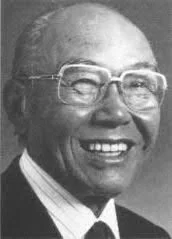
Soichiro Honda, founder of Honda Motor Company, passed away after revolutionizing the automotive and motorcycle industries. His innovative approach to engineering and manufacturing transformed global transportation.
Honda’s business philosophy emphasized technical innovation and quality craftsmanship. The company’s success demonstrated how Japanese manufacturing could compete with established Western automotive giants.
2003 – Jakarta Marriott Bombing

A car bomb exploded outside the Marriott Hotel in Jakarta, Indonesia, killing 12 people and injuring 150. The terrorist attack targeted international business travelers and highlighted security concerns in Southeast Asia.
The bombing disrupted Indonesia’s tourism industry and foreign investment climate. The incident prompted increased security measures at hotels and business centers throughout the region.
Transportation and Infrastructure on August 5
1984 – Bangladesh Aviation Disaster
A Biman Bangladesh Airlines Fokker F27 Friendship crashed while approaching Zia International Airport in Dhaka, killing all 49 people aboard. The tragedy highlighted aviation safety concerns in developing nations.
The accident prompted investigations into pilot training and airport safety protocols. The crash underscored the challenges faced by emerging aviation industries in maintaining international safety standards.
1949 – Mann Gulch Fire Tragedy
Twelve smokejumper firefighters and one US Forest Service fire guard died in the Mann Gulch Fire in Montana. The disaster exposed the dangerous conditions faced by wildfire fighting personnel.
The tragedy led to significant changes in firefighting safety protocols and training procedures. The incident became a case study in leadership and decision-making under extreme pressure.
2010 – Copiapó Mining Accident
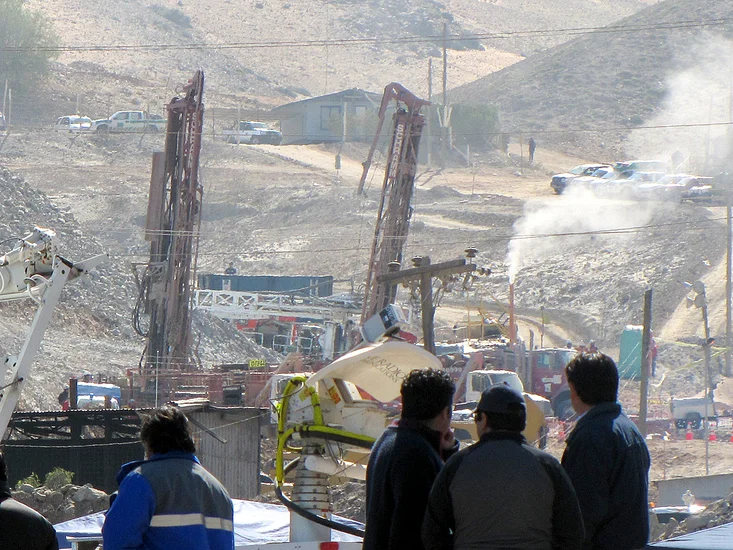
The Copiapó mining accident trapped 33 Chilean miners approximately 2,300 feet underground for 69 days. The incident became a global media sensation and demonstrated international cooperation in rescue efforts.
The successful rescue operation showcased innovative engineering solutions and international collaboration. The miners’ survival story inspired people worldwide and highlighted mining safety concerns.
Sports and Recreation on August 5
1901 – World Long Jump Record
Peter O’Connor established the first World Athletics recognized long jump world record of 24 feet 11.75 inches. The remarkable achievement would stand unchallenged for 20 years.
O’Connor’s record demonstrated the athletic potential of Irish competitors in international competition. His achievement helped establish standardized world records in track and field athletics.
2008 – SuperLiga Championship
The New England Revolution defeated the Houston Dynamo in the North American SuperLiga final. The victory highlighted the growing popularity of soccer in North American sports markets.
The championship demonstrated the increasing competitiveness of Major League Soccer teams. The SuperLiga provided valuable international experience for American and Mexican clubs.
1949 – Ecuador Earthquake
A devastating earthquake struck Ecuador, destroying 50 towns and killing more than 6,000 people. The natural disaster highlighted the seismic risks faced by Andean mountain communities.
The earthquake prompted international humanitarian assistance and disaster relief efforts. The tragedy demonstrated the need for improved earthquake preparedness in seismically active regions.
Notable Births on August 5
1930 – Neil Armstrong Born

Neil Armstrong, the first human to walk on the Moon, was born in Wapakoneta, Ohio. His childhood fascination with aviation would eventually lead to his historic lunar landing in 1969.
Armstrong’s calm demeanor and piloting skills made him NASA’s choice for the Apollo 11 mission. His famous words “That’s one small step for man, one giant leap for mankind” would be remembered forever.
1906 – John Huston Born
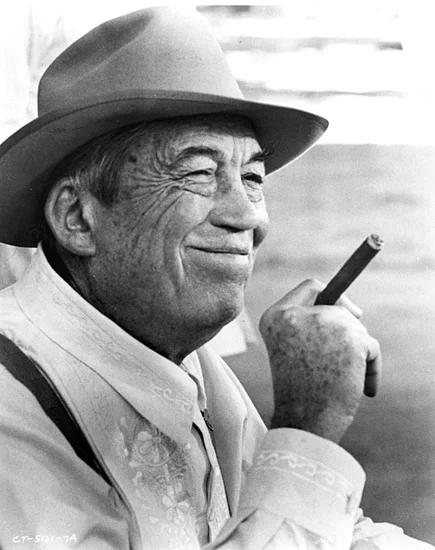
Legendary filmmaker John Huston entered the world in Nevada, Missouri, destined to become one of Hollywood’s most influential directors. His passion for storytelling emerged during his adventurous youth.
Huston would create cinematic masterpieces including “The Maltese Falcon” and “The African Queen.” His directing style influenced generations of filmmakers and established new standards for American cinema.
1930 – Michal Kováč Born
Michal Kováč, who would become Slovakia’s first president, was born in Ľubiša. His legal background and political acumen positioned him to lead Slovakia through its early independence period.
Kováč played a crucial role in Slovakia’s transition from communist rule to democratic governance. His presidency helped establish Slovakia’s position in the international community.
1940 – Roman Gabriel Born

Roman Gabriel, future NFL quarterback and actor, was born in Wilmington, North Carolina. His athletic talents would make him one of professional football’s most versatile players.
Gabriel’s career spanned both sports and entertainment, demonstrating his diverse abilities. His success as a quarterback paved the way for other multi-talented athletes in professional sports.
1962 – Patrick Ewing Born

Basketball legend Patrick Ewing was born in Kingston, Jamaica, before moving to the United States. His height and athletic ability would make him one of the NBA’s most dominant centers.
Ewing’s college career at Georgetown University established him as a premier player. His professional success with the New York Knicks made him one of basketball’s most recognizable figures.
1970 – James Gunn Born

Director James Gunn was born in St. Louis, Missouri, destined to become a major figure in superhero filmmaking. His creative vision would revolutionize comic book adaptations for cinema.
Gunn’s work on “Guardians of the Galaxy” demonstrated his ability to blend humor with action. His directorial style brought fresh perspectives to the Marvel Cinematic Universe.
Notable Deaths on August 5
1962 – Marilyn Monroe Dies

American actress Marilyn Monroe was found dead at her home from a drug overdose at age 36. Her death shocked the entertainment world and ended one of Hollywood’s most iconic careers.
Monroe’s tragic death sparked decades of speculation and conspiracy theories. Her legacy as a cultural icon and symbol of Hollywood glamour continues to influence popular culture today.
1984 – Richard Burton Dies
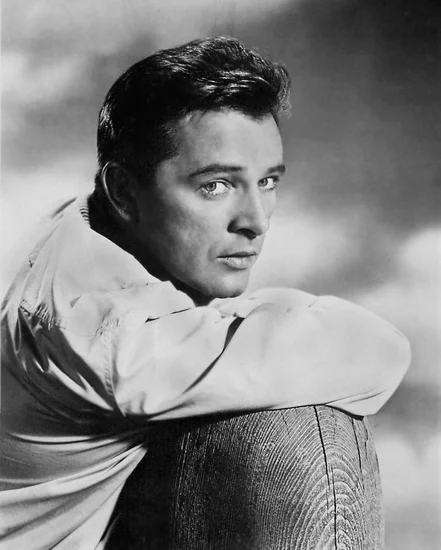
Welsh actor Richard Burton passed away at age 58, ending one of the most celebrated careers in theater and film. His powerful voice and dramatic presence made him one of Britain’s finest actors.
Burton’s tempestuous relationship with Elizabeth Taylor captivated the public throughout their careers. His Shakespearean performances and Hollywood films established him as a legendary performer.
1991 – Soichiro Honda Dies
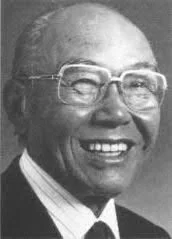
Soichiro Honda, founder of Honda Motor Company, died at age 84 after revolutionizing the automotive industry. His innovative engineering and business philosophy transformed global transportation.
Honda’s commitment to quality and innovation established his company as a major international manufacturer. His legacy continues through Honda’s ongoing technological advancement and environmental initiatives.
2019 – Toni Morrison Dies
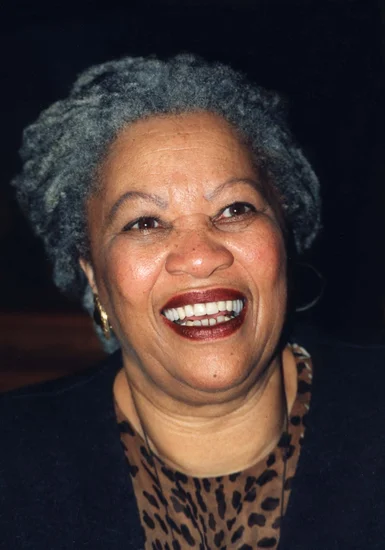
Nobel Prize-winning author Toni Morrison passed away at age 88, concluding a literary career that redefined American literature. Her powerful novels explored African American experiences with unprecedented depth and artistry.
Morrison’s works including “Beloved” and “The Bluest Eye” became essential American literature. Her influence on contemporary writers and literary criticism continues to shape modern American letters.
2000 – Alec Guinness Dies
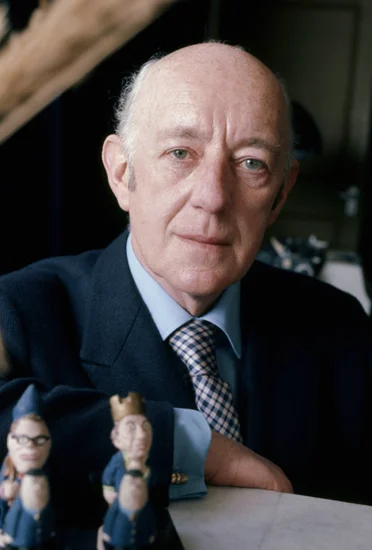
British actor Alec Guinness died at age 86, ending a distinguished career spanning theater, film, and television. His versatility and character work made him one of Britain’s most respected performers.
Guinness’s roles ranged from Shakespearean drama to “Star Wars” science fiction. His ability to disappear into diverse characters earned him critical acclaim and popular recognition worldwide.
2022 – Issey Miyake Dies
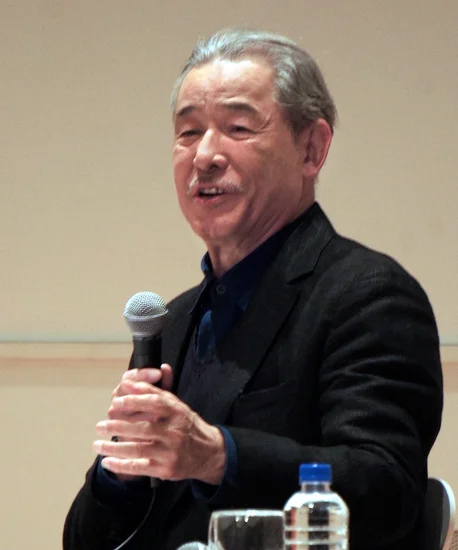
Japanese fashion designer Issey Miyake passed away at age 84, concluding a career that revolutionized modern fashion design. His innovative approach to fabric and form influenced designers worldwide.
Miyake’s pleated clothing designs and technological innovations transformed fashion aesthetics. His work bridged traditional Japanese craftsmanship with contemporary international fashion sensibilities.
Holidays and Observances on August 5
Independence Day in Burkina Faso
Burkina Faso celebrates its independence from French colonial rule on this date. The national holiday commemorates the country’s achievement of sovereignty and self-governance in 1960.
Citizens participate in parades, cultural performances, and patriotic ceremonies throughout the nation. The celebration reflects Burkina Faso’s journey from colonial territory to independent African nation.
Victory and Homeland Thanksgiving Day in Croatia

Croatia observes Victory and Homeland Thanksgiving Day and the Day of Croatian Defenders. The holiday commemorates Operation Storm and the liberation of occupied territories during the 1990s conflict.
The observance honors Croatian military personnel and civilians who contributed to national independence. Memorial services and patriotic ceremonies mark this significant day in Croatian history.
July Mass Uprising Day in Bangladesh
Bangladesh commemorates the July Mass Uprising Day, remembering the student-led movement that contributed to political change. The observance reflects the country’s democratic struggles and youth activism.
The holiday recognizes the role of students and citizens in shaping Bangladesh’s political development. Educational institutions and civic organizations organize events highlighting democratic values and civic engagement.
